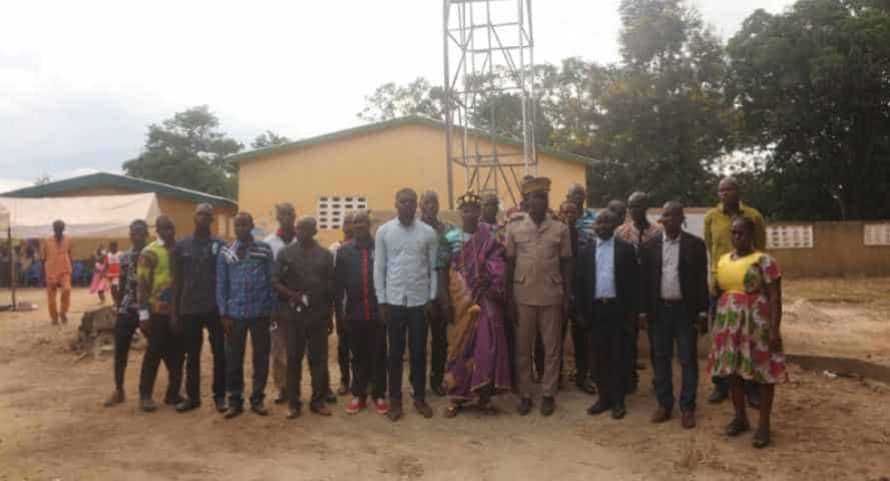Equipping school canteens and health centres with water pumps and solar-powered refrigerators

The challenge
Despite an increasing rate of electrification in the Ivory Coast, some towns, particularly in rural areas, still have no access to electricity and running water. The GBE project has therefore launched a partnership with the NGO “Sustainability Against Hunger” (NGH) involving the local population to test and install decentralised, remote solutions based on renewable energy.
The goal
To promote the use of solar-powered equipment to preserve medical products and foods, and improve access to drinking water in schools and health centres in network zones.
Our partner
NGH is a German non-governmental organisation that has been active in the Ivory Coast since 2001 and is involved in the implementation of development projects in rural areas (e.g. the construction of school and non-school buildings, the training and education of the population in sanitation and public hygiene) and in the creation of cooperative societies. With the support of the Federal Ministry for Economic Cooperation and Development (BMZ), the Bingo Foundation and the German Embassy in the Ivory Coast, NGH has built over ten schools and non-school infrastructures in various localities around the country [Thomasset (Azaguié), Boyaokro (Kounahiri), Léléblé (Taabo), Assindi (Kounfao), Ando and Bac (Béoumi), Tchécou Carrefour (M’Batto), Bambalouma (Kounahiri), etc …] and has provided training and education for the beneficiary populations. The NGO also refurbished and equipped the health centres in Tchécou-Carrefour, Assindi and Bambalouma with health and medical equipment, and renovated the health centre and nurse’s house in Tchécou. It has also built a health centre in the locality of Bac Carrefour.
Process
The project was implemented using a participatory approach in close collaboration with the respective village communities, management committees, civil servants assigned to the various centres and the local administrative departments. In general, the cooperation between NGH and GPE Ivory Coast is rolled out in four stages: stage 1: to assess the needs of the schools and health centres; stage 2: to launch a request for tenders for the supply and installation of the equipment; stage 3: to install the equipment and to train the beneficiaries and managers of the schools and health centres; stage 4: to monitor the project and to commission the equipment for generating solar power (photovoltaic systems).
Gbêkê, Moronou, Béré
social infrastructure, awareness and training/education
local population: 4 towns with a total of 8,000 inhabitants
01/12/2021 – 01/06/2022



